Publications
Articles, publications, books, tools and multimedia features from the U.S. Institute of Peace provide the latest news, analysis, research findings, practitioner guides and reports, all related to the conflict zones and issues that are at the center of the Institute’s work to prevent and reduce violent conflict.

Four Priorities for Sudan a Year into the Civil War
This week marks a year of war in Sudan. A once promising revolution that led to the overthrow in 2019 of the country’s longtime dictator, Omar al-Bashir, has devolved into a devastating civil war. The fighting started over a dispute on how to incorporate the paramilitary Rapid Support Forces (RSF) into the country’s military, the Sudan Armed Forces (SAF). A year later as the conflict between the RSF and SAF grinds on, Sudan is experiencing the world’s worst displacement crisis and one of the world’s worst hunger crises in recent history.

Susan Stigant on the Recent Crises in the Red Sea
While the U.S. tends to separate its policies on Africa and Middle East, USIP’s Susan Stigant says recent crises in the Red Sea highlight that “this is really an interconnected space” that currently lacks “any infrastructure … that connects together those who are making decisions” along the sea’s eastern and western shores.
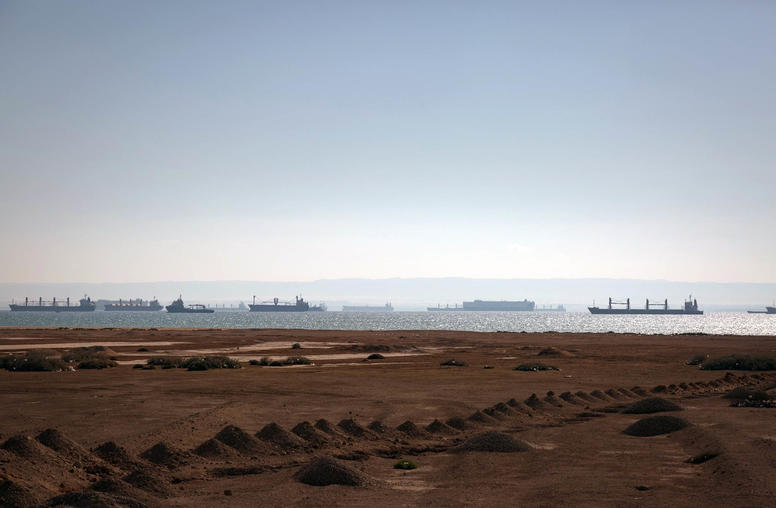
Houthi Attacks in the Red Sea Disrupt Global Supply Chains
Drone and missile attacks by Yemen-based, Iranian-backed Houthi rebels on ships in the Red Sea have disrupted global supply chains. The United States has responded to these attacks by shooting down Houthi drones, and the Biden administration has set up a 10-nation naval task force to protect ships traveling along this important route.
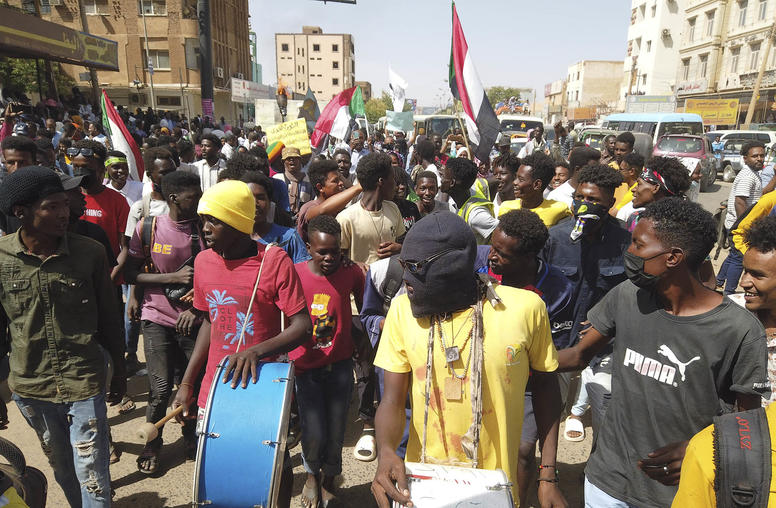
Countering Coups: How to Reverse Military Rule Across the Sahel
Three years of coups around Africa’s Sahel region — eight of them in six nations, from Guinea on the Atlantic to Sudan on the Red Sea — leave many African and other policymakers frustrated over how to respond. The Sahel’s crises have uprooted more than 4 million people and could add millions more to our record levels of global human migration as Africa’s population grows and its climate destabilizes. Yet the pattern of coups and other evidence — notably from USIP’s Sahel fieldwork, counter-coup research and bipartisan analysis teams — offer guidelines for effective responses by African, U.S. and international policymakers.
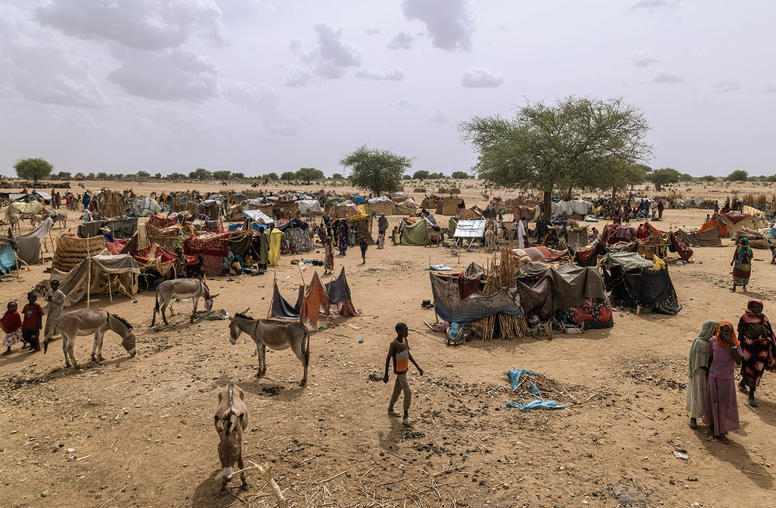
Sudan’s Crisis Offers New Lessons for Building Peace in the Sahel
Sudan’s five-week war has killed or wounded over 5,000 people, uprooted a million more — and reignited understandable frustrations over how U.S. and international policies can better prevent or respond to such upheavals. Amid heated policy debates, we should step back briefly to pinpoint lessons from this crisis that can improve our responses in Sudan and across the Sahel’s web of coups, insurgencies and extremism. Indeed, that task is urgent — both to address the complex evolutions in the region’s crises and to build support for smarter, steadier engagement, rather than a self-defeating retreat from the Sahel by global partners seeking democracy and stability.
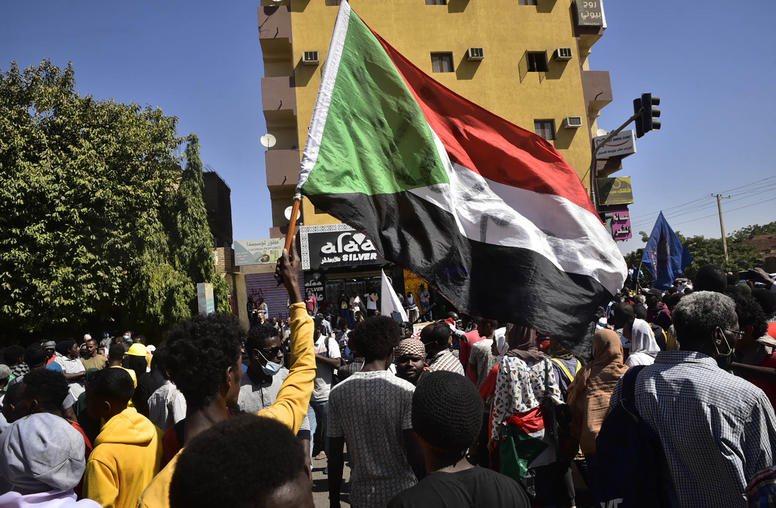
Sudan: Engage Civilians Now, Not Later
Over the last month, a series of cease-fires in Sudan have yielded minimal results. Fighting between the Sudan Armed Forces (SAF) and the Rapid Support Forces (RSF) has continued and even intensified in some places. While the capital Khartoum and areas surrounding key infrastructure remain the core battlegrounds, the clashes have spread into other parts of the country.

Susan Stigant on the U.S. Response to the Fighting in Sudan
As the Sudanese military and Rapid Support Forces continue fighting, the United States needs to avoid getting “caught in the trap that we’re trying to choose one [side] over the other. At the end of the day, there’s a third voice here, and that’s civilians and the Sudanese people,” says USIP’s Susan Stigant.
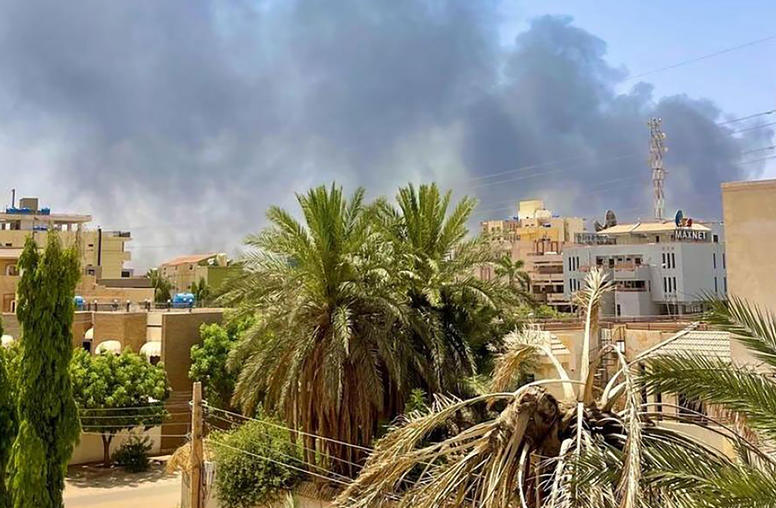
What’s Behind the Fighting in Sudan?
Since Saturday, violent clashes between the Sudan Armed Forces (SAF) and the paramilitary Rapid Support Forces (RSF) have been raging in the capital Khartoum and in other strategic areas throughout the country. While it’s unclear who initiated the fighting, the situation brings the de-facto leader of Sudan, the SAF’s General Abdel Fattah al-Burhan, into direct confrontation with his deputy, the RSF’s General Mohamed Hamdan Dagalo, who is also referred to as “Hemetti.”
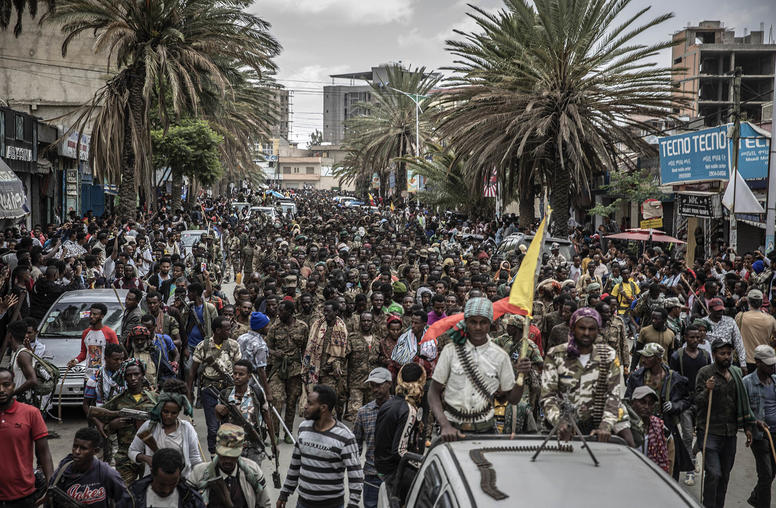
Peace for Ethiopia: What Should Follow Blinken’s Visit?
Secretary of State Antony Blinken’s talks in Ethiopia and his announcement of new U.S. aid this week advance vital steps for building peace in the country and greater stability in East Africa. Yet those tasks remain arduous and will require difficult compromises on all sides in Ethiopia’s conflicts. U.S. and international policymakers face a tough calculation over how to mesh critical goals: restoring full trade and economic assistance to help Ethiopia meet its people’s needs while also pressing all sides to advance justice and reconciliation to address the atrocities committed and damage caused during the war.
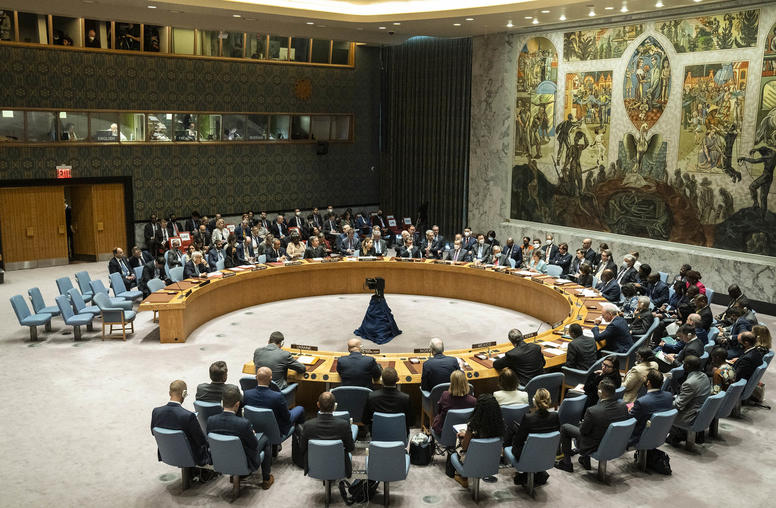
Will the U.S.-Africa Summit Address U.N. Security Council Reform?
U.N. Security Council (UNSC) reform has been a long-standing demand from many in the international community, but calls for an overhaul of the institution have grown louder amid renewed interest in democratizing the international system and addressing historical exclusion and injustices in its core institutions. And in a major development this past September, President Biden told the U.N. General Assembly the United States would support reforming the Security Council — specifically mentioning the addition of permanent members from Africa.